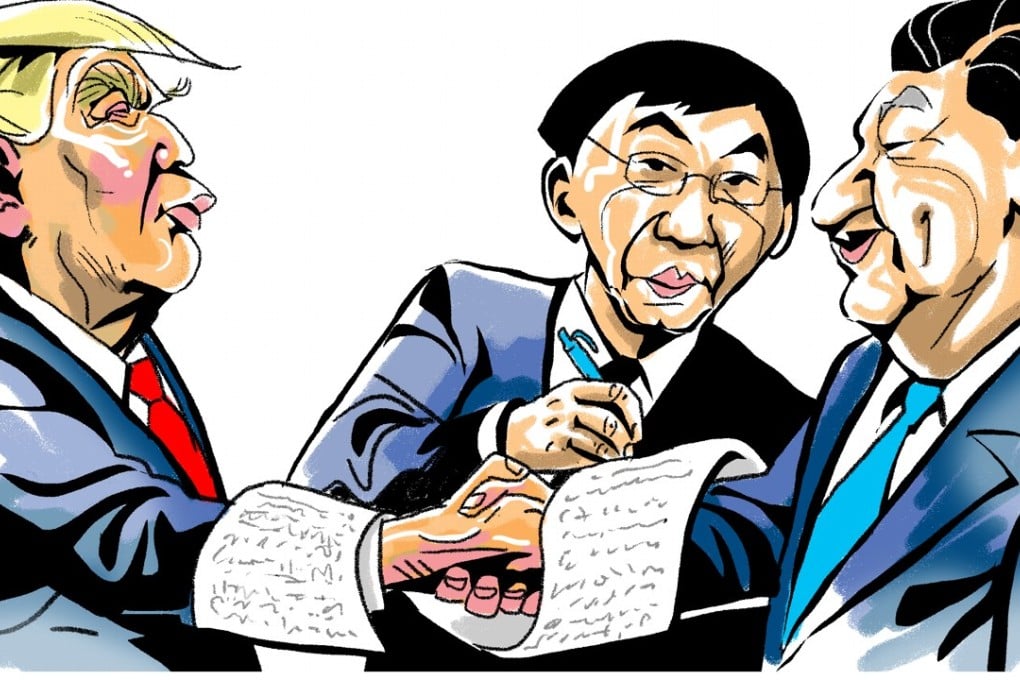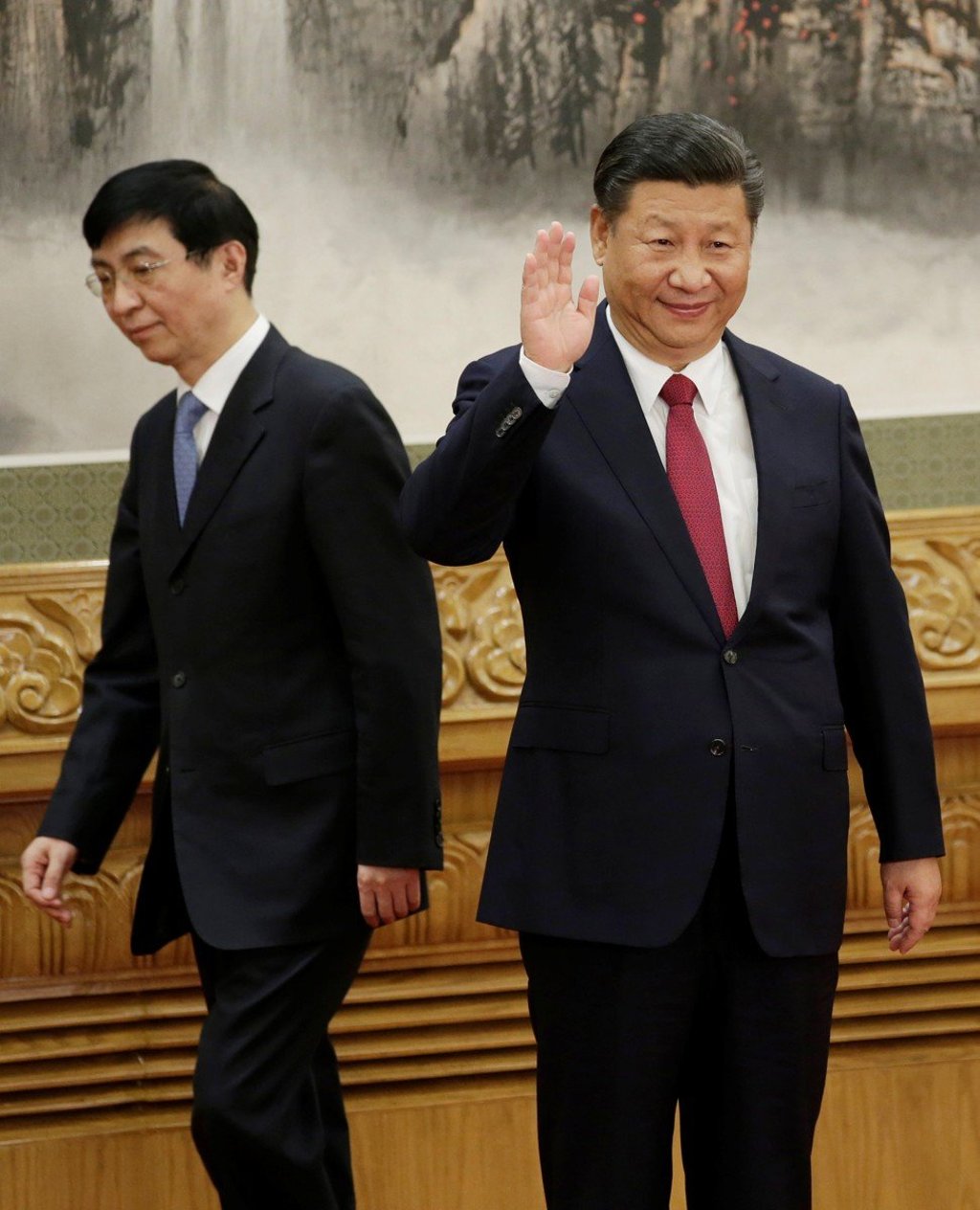Can China’s ideology tsar, Wang Huning, be the steadying hand in Sino-US relations?
Tom Plate says the newly promoted chief party theoretician is known to be a middle-of-the-road critic of US policy and society, and could exert a positive influence to keep bilateral relations on an even keel

Is Wang anti-American? Yes and no. The titles of his books range from America against America and Analysis of Modern Western Politics, to Debate Contest in Lion City (Singapore he likes). He rates the American system less warmly now than in the past. A review of his utterances yields a Communist Confucian of both conviction and flexibility: “The political system must fit into and be accepted by a country’s history, culture and society ... It cannot be too above the ground.” On political reform in China, he notes that it should “stay within the capability of the acceptance in society”. “At this time, centralised decision-making power and modernisation is more ‘politically efficient’ ... This model has achieved stunning economic results,” he writes.
The party elite’s view of the US has never been simplistic, nor has it been effusively complimentary. On this scale, compared to other party intellectuals – especially Liu Mingfu – Wang is a middle-of-the-road critic of US foreign policy and society, perhaps midway between the hawkish Liu and the cosmopolitan Zheng Bijian, whose take on America was comparatively empathetic. For all this, the overall judgment is that the American political system is little more than a fascist structure.
